BOONE, N.C. — Partnering with The Jed Foundation Campus Program (The Campus Program), Appalachian State University has added another action tool to its initiative to support student well-being and mental health. The program is designed to help schools prevent what the Centers for Disease Control and Prevention’s National Center for Health Statistics identify as the two leading causes of death in young adults – unintentional injuries, including those caused by prescription drug overdoses or alcohol poisoning, and suicide.
Appalachian is among the first cohort to join The Campus Program, which is designed to help colleges and universities assess and enhance mental health, substance abuse and suicide prevention programming. Participating schools make a four-year commitment to work with The Campus Program to evaluate and identify opportunities to augment these activities on campus. The Campus Program provides schools with a framework for supporting student mental health, as well as assessment tools, feedback reports and ongoing technical assistance from The Campus Program team.
In joining the program, Appalachian committed to an entrance, mid-term and end-of-term assessment survey. The submission cost for each survey is $650, for a total four-year program cost of $1,950. Elisabeth Cavallaro, suicide prevention program coordinator at Appalachian, said, “The cost is minimal, and helps offset portions of The Campus Program expenses for staffing and travel. It also helps with buy-in. Often when there is a fee, it makes us want to follow through, more so than if it were free.”
“Membership in The Campus Program is just one more example of Appalachian’s commitment to promoting emotional well-being and improving substance abuse and suicide prevention programming for all students,” Chancellor Sheri N. Everts said. “Keeping Appalachian a welcoming and safe place requires constant vigilance, exploration and innovation. Our community cares and is committed to action, as is the university system. With the leadership of Dean of Students and Associate Vice Chancellor of Student Development JJ Brown, Appalachian offers a plethora of opportunities and resources for our Appalachian community.”
Cavallaro continued, “The Campus Program is one of many ways we are working to ensure our campus is a place where all of our students can thrive. At this university, we are committed to engaging in continuous quality improvement as it relates to the health and wellness of our students, and this is one of many steps we are taking to achieve that.”
Appalachian’s membership in The Campus Program begins with establishing an interdisciplinary, campus-wide Mental Health Working Group to assess, support and implement program improvements, and taking a confidential, self-assessment survey on its mental health promotion, substance abuse and suicide prevention programming.
Upon completion, survey responses are reviewed by The Campus Program team and compared to the program’s set of recommended practices. Schools then receive customized feedback and suggestions for enhancements, as well as direct support with their planning process.
According to Cavallaro, “The interdisciplinary mental health working group requirement assures The Campus Program doesn’t just fall onto one department but rather is a campus-wide effort. The members of the group are tasked with helping Appalachian check off the items on The Campus Program plan and expanding areas they feel passionate about,” she said.
Current members of The Campus Program Working Group include Bethanie Campbell, academic advisor; Elisabeth Cavallaro, mental well-being coordinator; Linda Coutant, mindfulness facilitator and University Communications staff member; Tina Dunn, University Police; Greg Lester, executive director, Academic Advising and Student Success; Stephanie Hankins, off-campus community partner (Appalachian Spiritual Life Association); Christopher Hogan, director, Counseling Center; Alex F. Howard, director, Wellness and Prevention Services; J.P. Jameson, Department of Psychology; Tom Kane, director, University Housing; Denise Lovin, outreach coordinator, Counseling Center; K.C. Mitchell, University Police; Amanda Romjue, Department of Languages, Literatures and Cultures; and Carla Rusch, director, Off-campus Student Services.
Ideally, Cavallaro said, students will be in the working group as well, including members of the mental health special interest group called WE CAN, a mental health ambassador and a member of the Student Government Association.
“The college years are the age when many mental health issues first manifest, and it can be a time of significant stress and pressure,” said John McPhee, executive director of The Jed Foundation. “The Jed Foundation Campus Program helps schools by working with them to survey everything their university is doing to support their students’ emotional health, and find practical ways to augment these efforts in a comprehensive way. We believe that the implementation of a campus-wide approach to mental health will lead to safer, healthier campuses, and likely greater student retention.”
About The Jed Foundation Campus Program
The Campus Program is a nationwide initiative designed to help colleges and universities promote emotional well-being and mental health programming, reduce substance abuse and prevent suicide among their students. When a school becomes a member of The Campus Program, it demonstrates the school’s commitment to assessing and enhancing their mental health promotion and substance abuse and suicide prevention programming for students, families and campus professionals.
About The Jed Foundation
The Jed Foundation is a leading nonprofit working to protect the emotional health of teenagers and college students. Its programs inspire a new national dialogue on mental health, encouraging millions of young people to speak up and take action, and changing the way academic institutions create healthier campus communities and prevent substance abuse and self-harm. These programs include: The Jed Foundation Campus Program, a groundbreaking self-assessment and feedback program that helps colleges create more comprehensive solutions to support their students; ULifeline, an online resource that helps students understand and address mental health conditions like depression and anxiety disorders; the Half of Us campaign, with MTV, which uses online and on-air programming to share stories and encourage help-seeking; the Love is Louder movement that helps individuals, communities and schools build resiliency, create connectedness and promote acceptance; Transition Year, an online resource for parents aimed at helping to ensure a smooth, healthy transition into college life; and a portfolio of resources that helps campuses promote emotional health and protect at-risk students. Learn more at http://www.jedfoundation.org.
What do you think?
Share your feedback on this story.
About Appalachian State University
As a premier public institution, Appalachian State University prepares students to lead purposeful lives. App State is one of 17 campuses in the University of North Carolina System, with a national reputation for innovative teaching and opening access to a high-quality, cost-effective education. The university enrolls more than 21,000 students, has a low student-to-faculty ratio and offers more than 150 undergraduate and 80 graduate majors at its Boone and Hickory campuses and through App State Online. Learn more at https://www.appstate.edu.
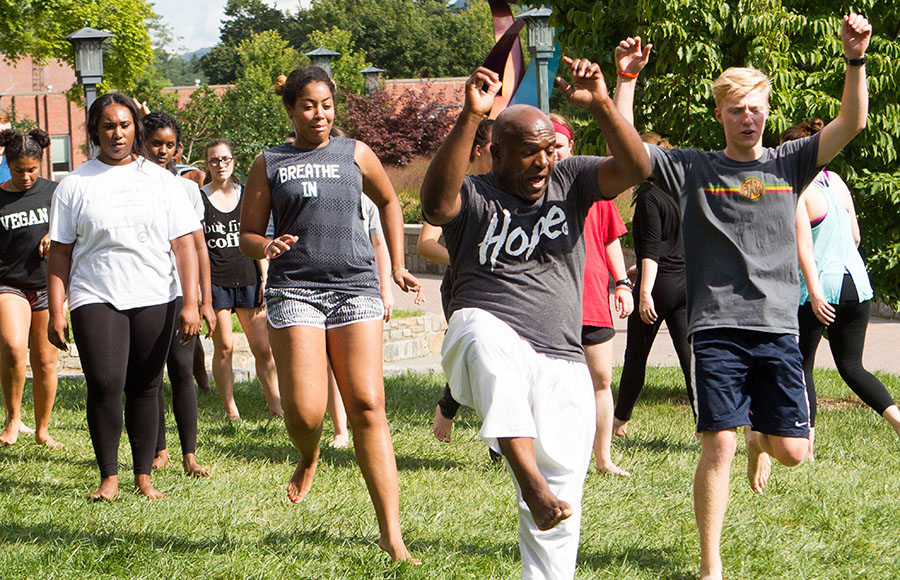
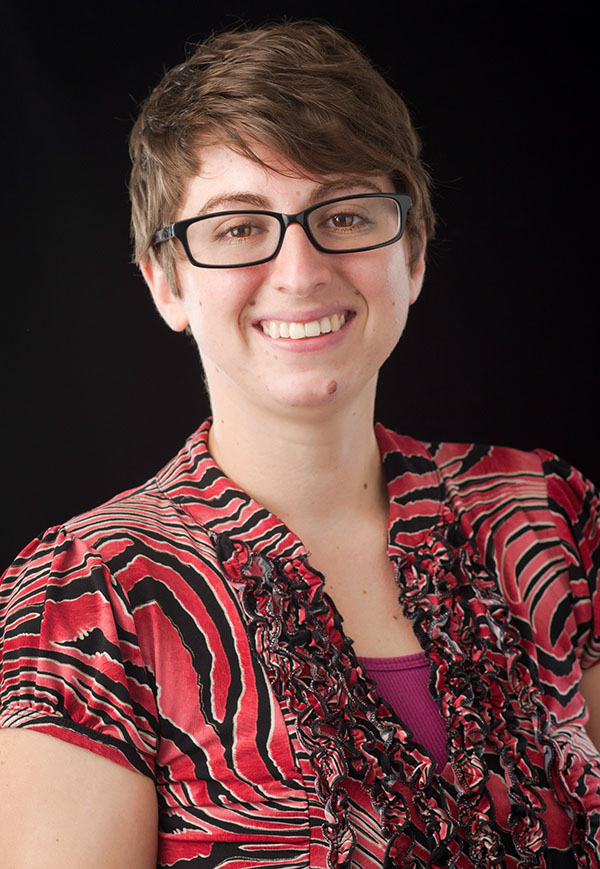
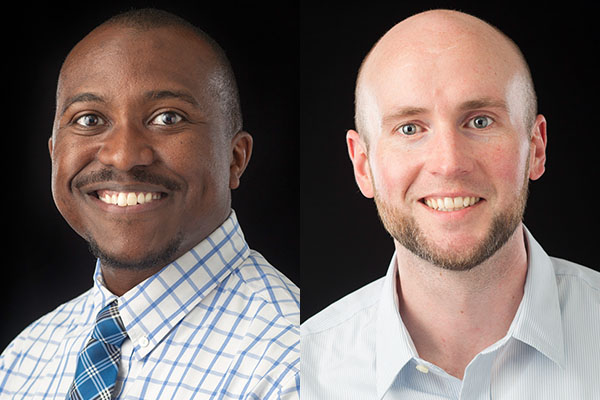
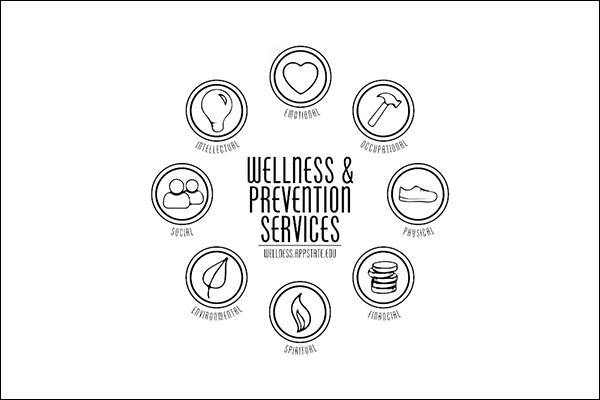
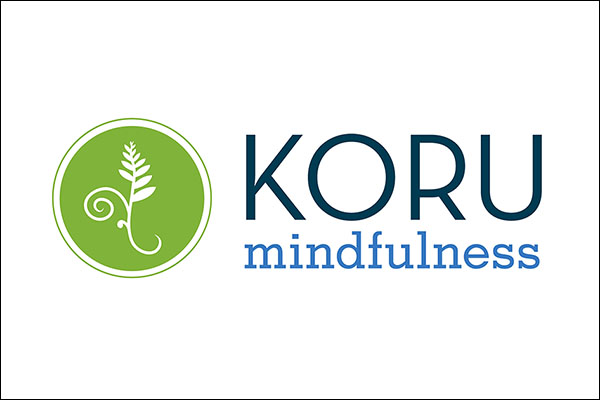



![How NCInnovation Is Rethinking Economic Development in North Carolina [faculty featured]](/_images/_posts/2026/02/rethinking-economic-development-600x400.jpg)







